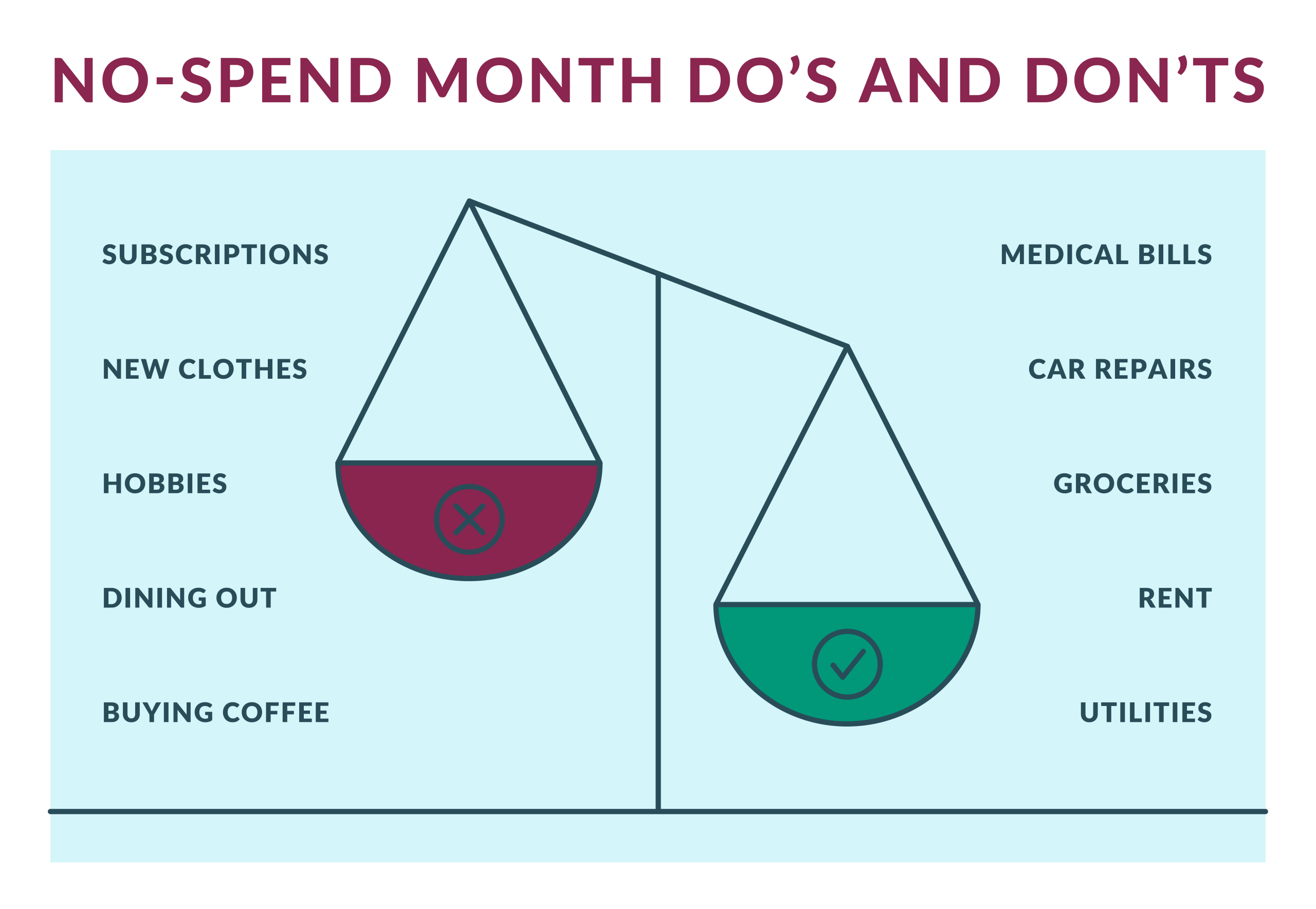Anúncios
Buying a home is a significant milestone, especially for first-time homebuyers. However, the process can be complex and full of unexpected challenges.
Without the right knowledge, many first-time buyers make common mistakes that can lead to financial stress, unfavorable loan terms, or buyer’s remorse.
Understanding the most common mistakes a first-time homebuyer makes will help you make informed choices and avoid costly errors.
In this guide, we’ll cover the essential first-time homebuyers mistakes, and how to avoid them for making your journey to homeownership as smooth as possible.
What are the most common mistakes made by first-time homebuyers?
When purchasing a home for the first time, buyers often make mistakes that can complicate the process or lead to unfavorable financial decisions.
Here are the main mistakes commonly made by first-time buyers and tips on how to avoid them:
Not knowing how much house you can afford
One of the first mistakes first-time homebuyers make is not setting a clear budget. It’s easy to get swept up by beautiful homes that exceed what you can comfortably afford.
A key rule of thumb for first-time buyers is that your housing expenses (including mortgage, insurance, and property taxes) should ideally be no more than 28-30% of your gross monthly income.
To avoid this mistake:
- Calculate your budget before you start looking: Consider your income, monthly expenses, debts, and savings.
- Use an affordability calculator: Many online tools can help you estimate a realistic price range.
- Stick to your budget: Remember, buying a house is not just about affording the mortgage; you’ll also need funds for maintenance, repairs, and other costs that come with homeownership.
Failing to secure mortgage pre-approval
A common mistake first-time homebuyers make is not securing a mortgage pre-approval before they start house hunting.
A pre-approval provides an estimate of how much a lender is willing to lend, which not only helps define your budget but also strengthens your offer when you find the right property.
Skipping this step can lead to wasted time and potential heartbreak if you fall in love with a home outside your financial reach.
To avoid this mistake:
- Get pre-approved early: Lenders will assess your credit score, income, debts, and assets.
- Understand the terms: Pre-approval is not a guarantee of a loan, but it’s a solid starting point.
Considering only one mortgage rate quote
When it comes to financing, it’s essential to shop around. Many first-time homebuyers make the mistake of accepting the first mortgage offer they receive without comparing rates from different lenders.
Rates can vary significantly, and even a small difference can save — or cost — thousands over the life of the loan.
To avoid this mistake:
- Request quotes from multiple lenders: Compare interest rates, loan terms, and fees.
- Negotiate if possible: Some lenders may be willing to match or beat a competitor’s offer.
Ignoring your credit report
One of the biggest mistakes first-time homebuyers make is overlooking their credit report. Your credit score and history play a crucial role in your mortgage eligibility and interest rate.
Errors on your report, such as late payments or incorrect balances, could prevent you from securing a favorable loan.
To avoid this mistake:
- Check your credit report early: The three major bureaus (Equifax, Experian, TransUnion) offer one free report annually.
- Correct any inaccuracies: Dispute any errors well before applying for a mortgage.
Overlooking first-time homebuyer programs
There are numerous programs in the United States designed to assist first-time homebuyers, including grants, low-interest loans, and down payment assistance.
Ignoring these options is a common mistake that could result in missing out on financial help.
Popular programs include:
- FHA Loans: Federal Housing Administration loans allow for a lower down payment and more lenient credit requirements.
- VA Loans: Available to veterans and active-duty service members, these loans often require no down payment.
- State-Specific Programs: Many states, like California, Texas, and New York, have unique programs for first-time buyers. Research options in your area to see what’s available.
Skipping the home inspection
In a competitive market, some buyers may consider waiving the home inspection to make their offer more appealing.
This is one of the riskiest mistakes first-time homebuyers make, as it can lead to unexpected repair costs or safety issues down the line.
To avoid this mistake:
- Always schedule a home inspection: This will reveal any structural, electrical, or plumbing issues.
- Use the inspection to negotiate: If significant issues are uncovered, you may be able to negotiate a lower price or ask the seller to cover repairs.
Neglecting to research the neighborhood
Focusing only on the home itself and overlooking the neighborhood is another common mistake a first-time homebuyer makes.
While the property may be perfect, the surrounding area greatly affects your quality of life and long-term investment value.
To avoid this mistake:
- Visit the area at different times of day: Observe traffic, noise levels, and general ambiance.
- Research crime rates, schools, and amenities: Look for factors that align with your lifestyle and priorities.
Forgetting initial and moving costs
First-time homebuyers often focus only on the down payment and monthly mortgage but forget the additional costs involved in purchasing a home.
Not budgeting for these expenses can create financial strain after closing.
Common initial costs include:
- Closing Costs: Typically 2-5% of the loan amount, covering fees, taxes, and insurance.
- Moving Expenses: These can range widely depending on distance and amount of belongings.
- Furniture and Repairs: New homes often require new furniture or immediate repairs.
To avoid this mistake:
- Save beyond your down payment: Set aside additional funds for these costs.
Choosing the wrong mortgage type

There are various types of mortgages, each with different terms and conditions. First-time buyers might choose a mortgage without fully understanding how it works, leading to financial challenges later.
To avoid this mistake:
- Understand the different loan types: Fixed-rate mortgages have consistent payments, while adjustable-rate mortgages (ARMs) have variable rates.
- Consider your long-term plans: If you plan to move in a few years, an ARM may work; if not, a fixed-rate loan might be better.
Not working with a real estate agent
Some buyers think they can save money by avoiding a real estate agent. However, buying a home is a complex transaction with many legal and financial details.
A knowledgeable agent can guide you through each step, help negotiate better terms, and assist with paperwork.
To avoid this mistake:
- Find an experienced agent: Look for someone familiar with the local market and who understands first-time buyers.
Making emotional decisions
Purchasing a home is a personal experience, but letting emotions drive decisions is a common mistake a first-time homebuyer makes.
Overpaying, rushing into a decision, or compromising on key features are all signs of emotional decision-making.
To avoid this mistake:
- Take a rational approach: List out your needs and priorities and use them to evaluate each property.
- Stay patient: Don’t settle or rush; the right home will be worth the wait.
Making a small down payment
While it’s possible to buy a home with a low down payment, this can lead to higher monthly payments, additional private mortgage insurance (PMI) costs, and limited equity.
Many first-time homebuyers make this mistake because they want to keep their savings intact.
To avoid this mistake:
- Aim for a larger down payment: The traditional 20% down payment eliminates PMI, reduces your monthly mortgage, and builds equity faster.
- Explore down payment assistance: First-time homebuyer programs or family gifts can help if savings are limited.
Buying a home is one of the most significant financial decisions most people make, and avoiding these first-time homebuyer mistakes can make the process smoother and more rewarding.
By understanding and preparing for these potential pitfalls, you’ll be better equipped to navigate the home-buying journey with confidence and secure a property that fits both your needs and budget.
Remember, each of these common mistakes a first-time homebuyer makes can be avoided with a little planning, research, and professional guidance.
Take advantage and also read this publication on our website about step-by-step instructions for first-time homebuyers!






